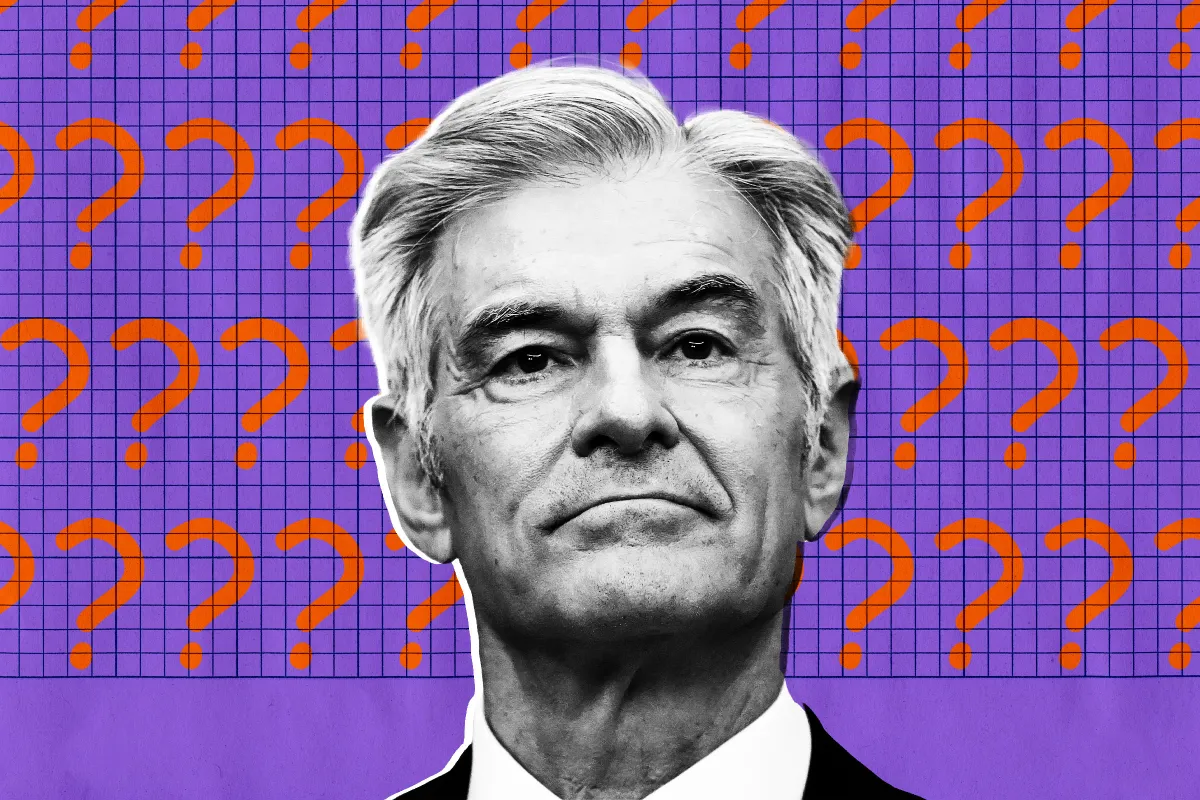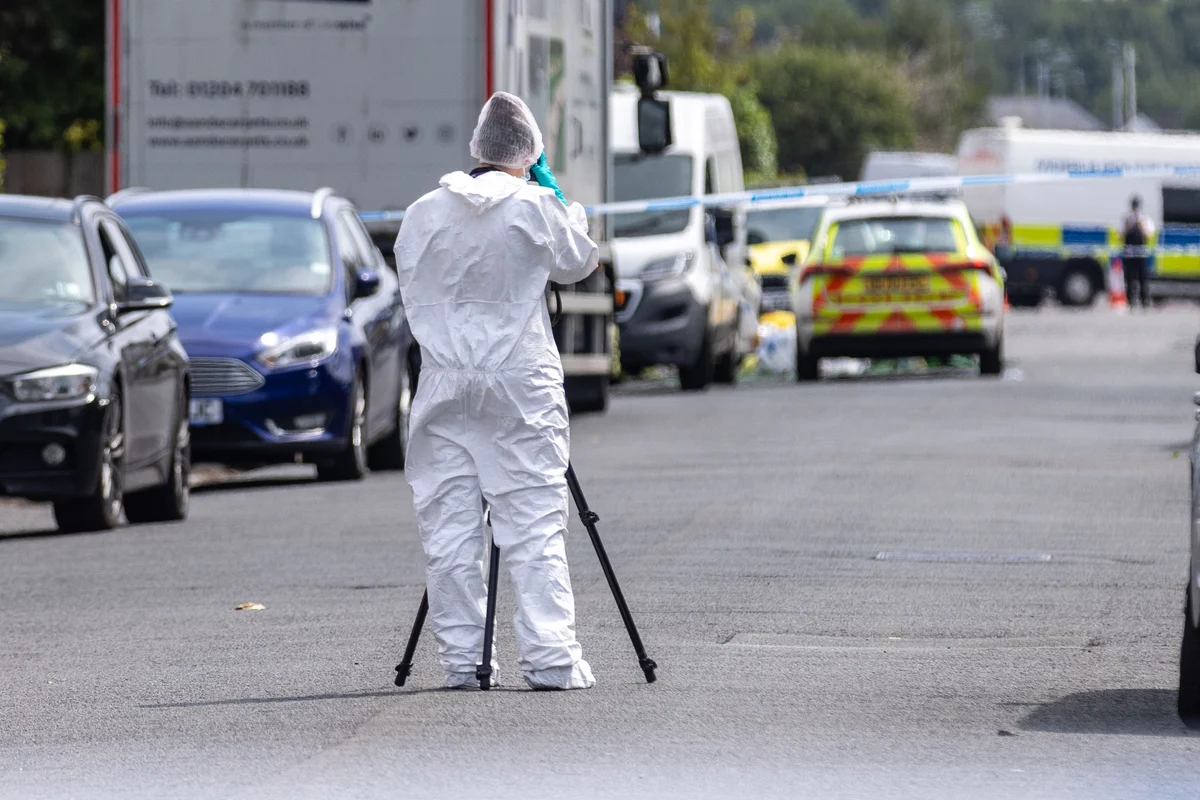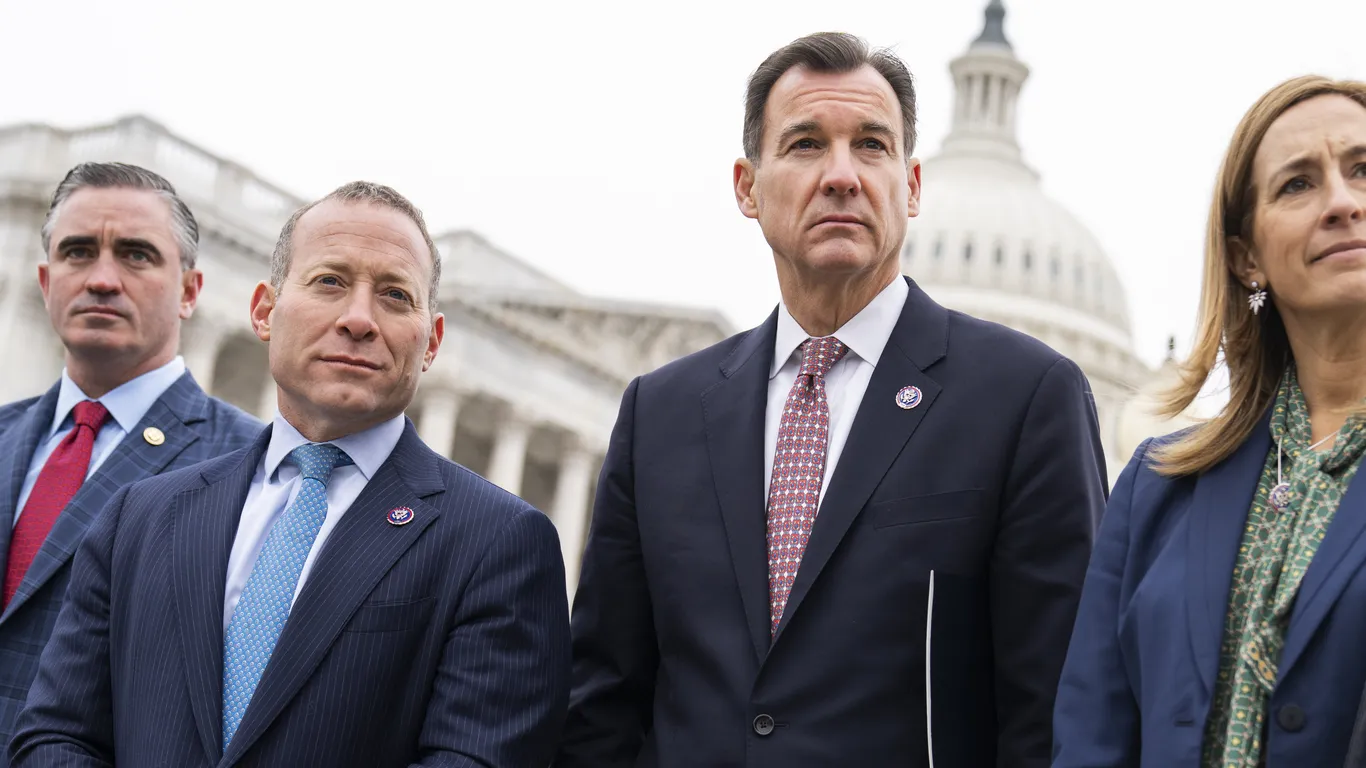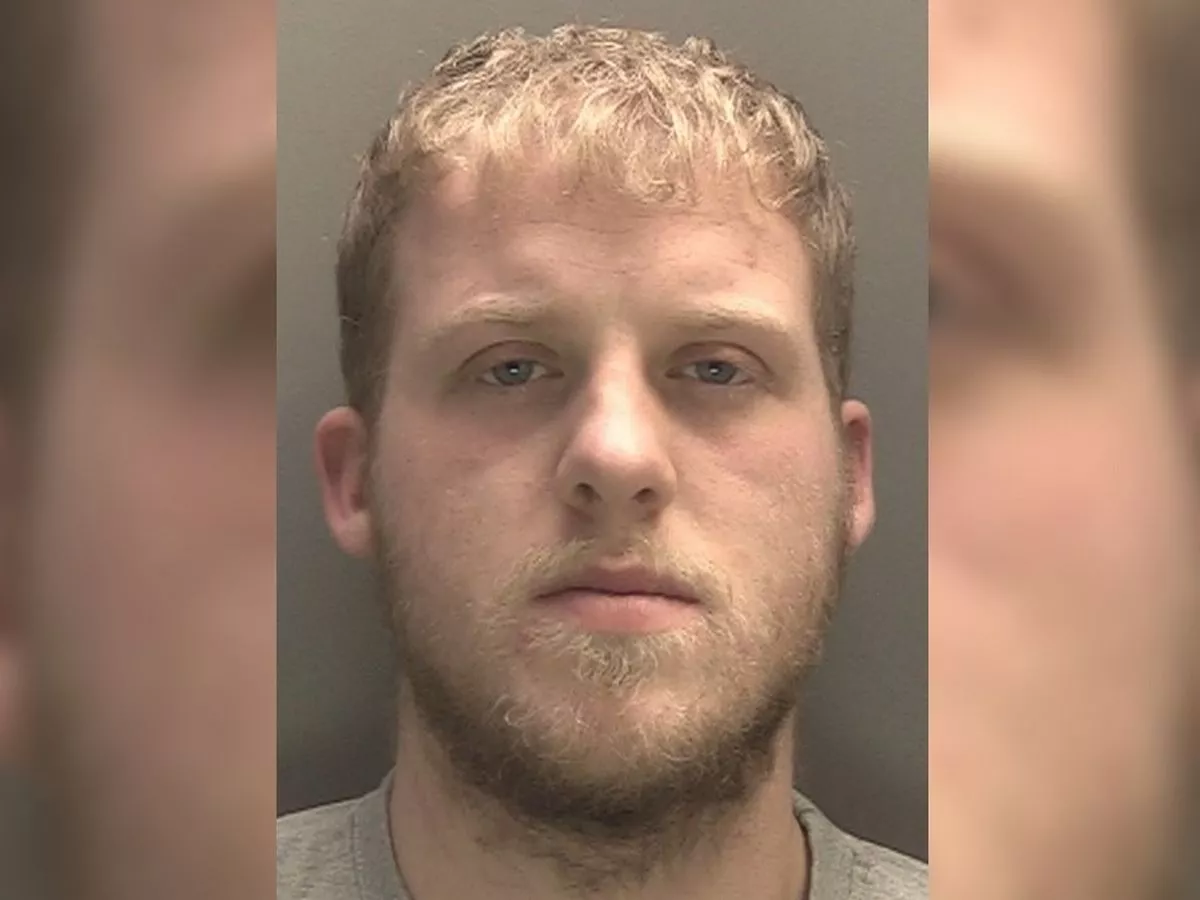Copyright breezyscroll
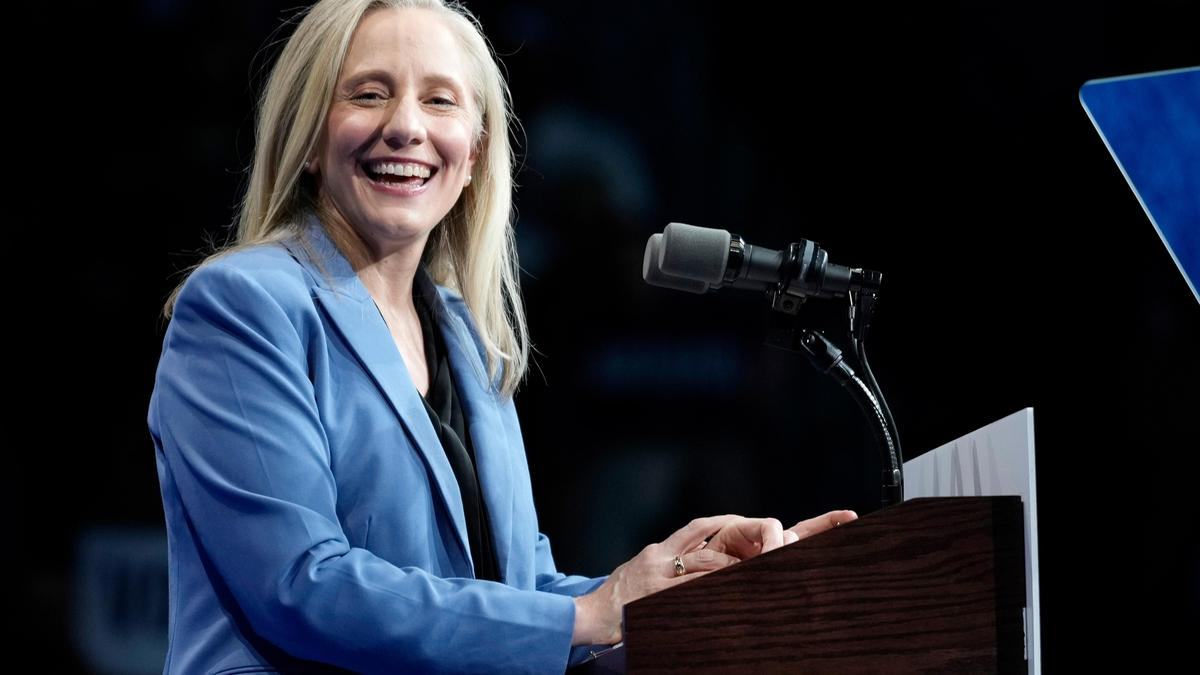
Who is Abigail Spanberger, the ex-CIA officer turned governor? Democrat Abigail Spanberger has become the first woman to be elected governor of Virginia, marking a historic moment in the state’s political history. The former CIA officer and three-term U.S. congresswoman defeated Republican Lieutenant Governor Winsome Earle-Sears, flipping the governor’s mansion from Republican to Democratic control. The win is being hailed as a major boost for Democrats ahead of the 2026 midterm elections, signaling renewed momentum in a key swing state. From Virginia roots to national leadership Born and raised in Virginia, Spanberger grew up in a family rooted in public service; her father served in the U.S. Army, while her mother was a nurse. She attended J.R. Tucker High School in Henrico County before earning a bachelor’s degree from the University of Virginia. Later, she completed an MBA through a joint program between Purdue University and GISMA Business School in Germany. Her early life reflects the kind of middle-class story that resonates with many voters: a Virginia native who climbed through public education and built a career around service and integrity. From law enforcement to intelligence work Before entering politics, Spanberger’s career was defined by her work in federal law enforcement and intelligence. She began at the U.S. Postal Inspection Service, where she investigated narcotics trafficking, money laundering, and crimes against children. Later, she joined the Central Intelligence Agency (CIA) as a case officer, serving undercover overseas. Her work involved countering terrorist networks, preventing nuclear proliferation, and dismantling transnational criminal organizations. Her intelligence career gave her a unique perspective on national security and international cooperation, something that later shaped her pragmatic approach to policymaking. Why Spanberger decided to enter politics After leaving government service and spending some time in the private sector, Spanberger decided to enter politics in the aftermath of the 2016 U.S. presidential election. She cited growing political division and rising opposition to healthcare access as key motivators for her decision to run for Congress. In 2018, she made history again,, becoming the first Democrat in over 50 years to represent Virginia’s 7th Congressional District and the first woman ever to do so. Her election was widely viewed as a reflection of shifting demographics and the appetite for centrist, solutions-driven leadership in Virginia. A record of bipartisanship and effectiveness in Congress During her tenure in Congress, Spanberger developed a reputation as one of Virginia’s most bipartisan lawmakers. She spearheaded or co-sponsored legislation addressing: Fentanyl overdose prevention Environmental protection and clean energy Veterans’ mental health and reintegration programs The Center for Effective Lawmaking ranked her as the most effective member on agriculture issues, while The Washington Post described her as “ever independent-minded.” Her ability to collaborate across the aisle became a defining trait, allowing her to maintain credibility in both rural and suburban constituencies, a critical factor in her gubernatorial win. Campaign message: Economic growth, education, and public safety Spanberger’s 2025 gubernatorial campaign focused on three key pillars: Economic growth and job creation Improving education access and teacher pay Strengthening public safety and law enforcement trust Her message appealed to moderate Democrats, independents, and even disaffected Republicans who viewed her as a pragmatic alternative to partisan politics. Political analysts say her law enforcement and CIA background added credibility to her positions on safety and governance, helping her build trust among centrist voters. What her victory means for Democrats and Virginia’s future Spanberger’s victory is significant beyond Virginia’s borders. It demonstrates that Democrats can win competitive races in purple states when they emphasize competence, bipartisanship, and moderation. For Democrats, it provides a blueprint ahead of the 2026 midterms, a time when the party is seeking to consolidate gains amid national polarization. For Virginia, it marks a new era of leadership: one led by a woman with deep experience in intelligence, law enforcement, and policy-making, capable of balancing state priorities with global awareness. Personal life and values Abigail Spanberger lives in Virginia with her husband, Adam Spanberger, and their three daughters. Her personal story, from working mother to intelligence officer to governor — has become a symbol of perseverance and integrity. She often credits her family for grounding her through the pressures of public service, calling them her “anchor through every mission, visible and invisible.” Abigail Spanberger becomes Virginia’s first woman governor after defeating Republican Winsome Earle-Sears. A former CIA officer and federal law enforcement agent, she built her career on security, bipartisanship, and service. Her campaign focused on economic growth, education, and public safety, flipping the governor’s seat to Democrats. Spanberger’s win is being hailed as a major Democratic victory ahead of the 2026 midterms.
